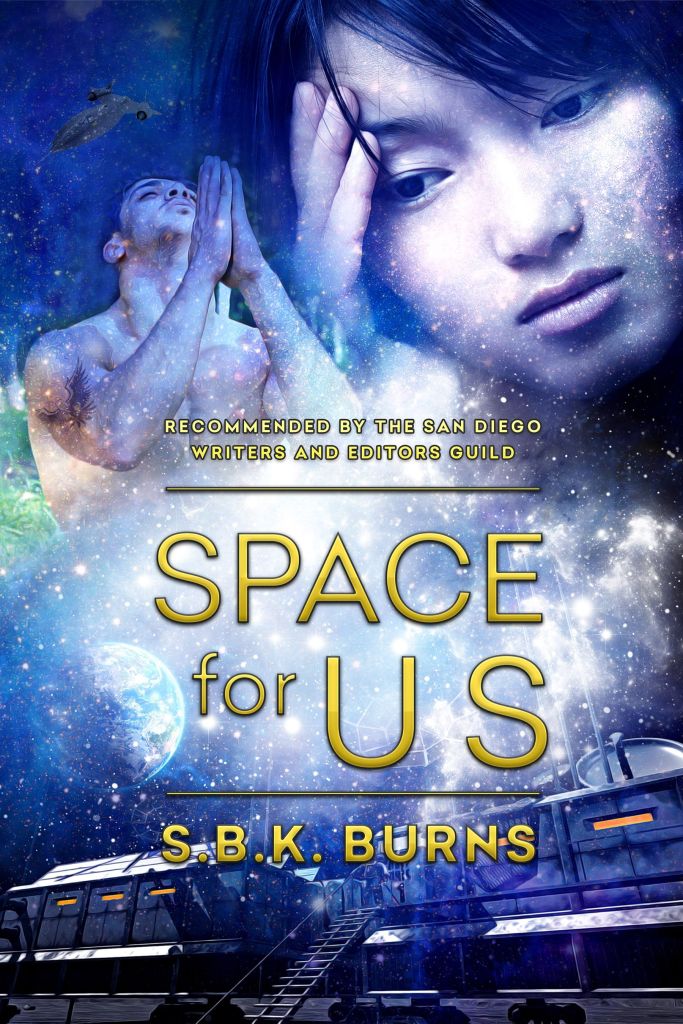FOR THE BEGINNING WRITER
In one of my creative writing read-and-critique classes, a first-timer asked me, “If I’m going to write anything of any length, where do I start?” I thanked him, because I’ve been struggling to find some way in which to help my fellow authors to express themselves in a more comfortable and fluid way.
Where do ideas come from?
Personally, I live a life immersed in scientific philosophy (my own cosmology). What that means is, from the time I was very young, I loved to play in the dirt, and with insects and to climb trees and to examine the clouds. That turned into a group of ideas that were nurtured as I attended classes in biology and physics and eventually publishing a paper about an expanding two-dimensional universe.
(Lots of my ramblings about the world (both human and scientific) and my awe at it can be read on my website The Union of Opposites.com (theunionofopposites.com) that mixes the physical with the spiritual.)
So, since the language in any topic of choice is so different and really inaccessible to the layperson, how can we simplify it and integrate it into our stories?
We can boil all of the above intro into three questions that I’ll attempt to answer in this post:
- How do I start writing?
- What do I write about? What topics seemed important to me both in growing up and now?
- Once I find a topic that impassions me, how can I edit what I write so that it speaks to my audience of readers?
Okay, so, I’m sitting at my desk, ready to type on the keyboard. What should I type?
All I can say is “should” can’t be any part of it. Don’t be like that monkey who randomly, after an infinite amount of time, types Shakespeare. But do type.
Type anything. And this may shock—type garbage. Garbage, you say? You have the most noble of goals as a writer. How can I ask you to type garbage? How can you allow yourself?
Because writing is a layered process, first you need a raw material—no matter how raw—down on the page before you can mold it into something worth reading (you can tell I’ve spent some time as a sculptor). Without creating something, it is impossible to edit. And editing may be the most creative part of the writing process.
Okay, so, the first requirement to be a good writer (someone who keeps writing and getting ideas, and doesn’t get writer’s block) is to stop judging yourself as a writer or judging any garbage you put down on the page.
How do I find a topic that’s important to me that I’m passionate about?
Explore. All scientists, with all their mathematics, still have to explore the environment. To know yourself, look at the subjects that are easy for you to write about—the writing you’ve already accomplished. If you can’t find appealing ideas within that, look for topics online and write your opinions about them. Are you practical or logical where others are not? Are you caring and idealistic wanting to see a better world? There are online tests of personality asking questions that you can expound on to find out more about yourself.
I like to write about a once-published science experiment I performed in college. I like to think about how it could apply to the real world of people to make their lives better. Maybe you have some unique way you like to do things that, if you could share them, might improve the lives of others.
How do I begin editing in order to clarify my message to others?
Personally, I attend four writing groups. Perhaps that was a bit too much to take on with still trying to sit down at a computer—type, edit, indie publish, and promote. The groups are as follows: two read-and-critique groups per week, three critique partners, and a local RWA workshop once a month.
Writing can be lonely unless one forces oneself to be social. So that’s why I interact with so many people each month. And here’s the second challenge to bravery as a writer: not only must the writer survive their own critical lathe, they must survive that of all the others. The best way to do that, even if the critique is upsetting, is to do something I have a problem with—keeping our mouths closed and respectfully taking it. The more we practice being gentle with ourselves in writing those first words, the easier it will be to take criticism from others and be polite while learning from it.
The more you listen to others and make changes you feel necessary, the more you internalize them as an audience. It’s also important to have people whose work you can edit. The more you edit and share your knowledge with others, the more comfortable you’ll be in critiquing your own work.
You might say the above paragraph sounds a little too optimistic, when you don’t even know, while editing your work, which criticism to take seriously. I take them all seriously, but some more than others. How do I prioritize the importance of my critiquer’s comments? I examine whether the changes they suggest might clarify my meaning. If they do, I keep them. If they don’t, I ignore them. But, usually, I can always find ways of making my writing clearer.
So, I’ll leave you with this:
- Just write and don’t expect it to be great at first.
- Be brave by taking criticism in a positive light, both yours and other’s.
- Learn by doing. You will learn from yourself and others naturally without school-like cramming the rules into your head.
- It’s all about the reader, to bring entertainment and joy into his/her life, so write as clearly and honestly as you can.

